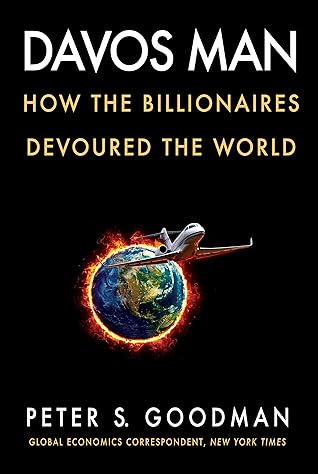Traditional conceptions of American antitrust law regarded scale as inherently dangerous. A company that was too big and deeply financed had the power to prey on smaller competitors, putting them out of business by dropping prices, and then raising them once it had the market to itself. It could corner the supply of raw materials, suffocating rivals. A prodigious scholar, Bork argued that these ideas were not only wrong, but anathema to the free market—a shackling of productive power that would limit innovation.
Welcome back. Just a moment while we sign you in to your Goodreads account.


